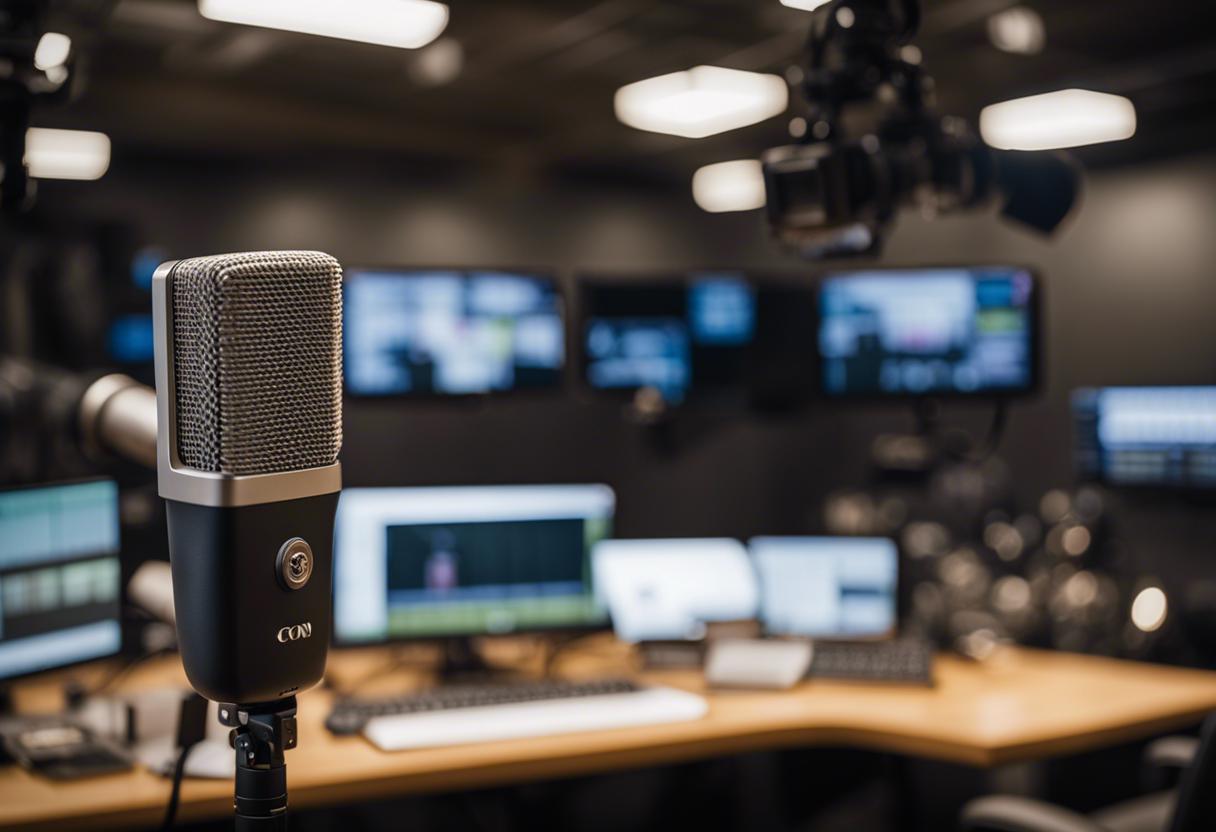This week, much-anticipated reports regarding various issues at RTÉ were published, potentially marking a turning point for the ongoing scandal at the broadcaster. The government and RTÉ hope that these comprehensive findings, which provide an in-depth insight into the broadcaster’s operations in Montrose, may begin to halt the continuous flow of new exposures.
However, obtaining a clear understanding of the malfunctions and controversy remains a challenge due to the ongoing political strife that’s proving difficult to resolve. Not only were these reports a challenging read for RTÉ as an organization, but the broadcaster’s board also found them tough to swallow, given their glaring revelation of major issues.
Even though the governance and culture review affirmed that the board acted “promptly and appropriately” in response to clandestine payments made to Ryan Tubridy, it was equally critical of certain failings at the board level, encompassing everything from appointments and skills shortages to a failure to adequately monitor the broadcaster. Many board members are currently not available for public remarks.
Larry Bass, founder of Shinawil production company and a former RTÉ board member (who only attended a single meeting in 2021), revealed this week that the problems that triggered these findings are deeply rooted. State boards generally struggle to attract and train the right individuals according to Bass. He further states that an organisation’s problems often stem from the top, and if the board is not functioning correctly, this will permeate throughout the entire establishment.
Bass, criticising how State boards operate, believes that RTÉ’s board has been consistently weak, resulting in the broadcaster’s lacklustre performance. He reminisces about his short tenure on the board, stating that it almost seemed as though the executive management was attempting to control the board, rather than the board guiding the strategies and propelling the institution forward.
Bass attributes the ultimate fault to the politicians, stating it is basically disgraceful; politicians are chosen to lead, but all have failed to take charge, causing the organisation to lose its standing publicly. Now, the spotlight is understandably shifting towards the political aspect.
Catherine Martin, the Media Minister, has publicly committed to tackling the controversial topic of upcoming RTÉ funding, using her specific choice of words. However, this issue has caused a political conflict. It’s reported that Martin is endorsing a direct funding model for the media outlet, which places her in disagreement with Micheál Martin, the leader of Fianna Fáil, his party comrade, Finance Minister Michael McGrath, and Paschal Donohoe, the Public Expenditure Minister.
When it comes to future RTÉ funding, Martin maintains her only two options are to finance it via general taxes, which would result in the license fee being repealed, or a more comprehensive household fee that would probably be lesser than the existing fee but would be collected by the Revenue Commissioners. The potential increase in the number of people liable to pay this fee, including households without TVs and those avoiding the payment, took government officials by surprise. According to a Fine Gael source, Martin has painted herself into a corner, stating, “I don’t comprehend it politically.”
Those pushing for Treasury funding insist that a combined method would neither generate enough income nor be well received, coupled with being prone to yearly political negotiations. The perplexed individuals who argued this point articulated their inability to comprehend why Fianna Fáil would want to saddle people with a new tax bill, posing it as an unattractive option.
Quietly, however, some Fianna Fáil Ministers think there’s a political aspect to Martin’s approach. On Friday, a Fianna Fáil representative alluded to the notion that discarding the licence fee could be a strategic move for the Greens to boast about in the forthcoming general election. Another Minister voiced doubts about the plausibility of direct funding, given Micheál Martin and McGrath’s public stance. Despite these concerns, Martin’s supporters have pointed out numerous examples of ample protections implemented elsewhere, actively dismissing the notion of political manoeuvring.
At the recent launch of their local electoral manifesto, Eamon Ryan, the leader of the Green Party, supported his Minister while dismissing the notion of a “hybrid” approach as something that hadn’t been examined or discussed previously, echoing Martin’s statements earlier that week. Advocates of the fee believe it has been successfully implemented elsewhere, citing plans to grant statutory authority to the Coimisiún na Meán to establish a fee, which would be politically protected. However, last week Ryan seemed to equivocate somewhat, suggesting he would consider further options.
Simon Harris, the current Taoiseach, has yet to voice his opinion on the matter. It’s speculated that his predecessor, Leo Varadkar, was inclined towards funding from the exchequer, but Harris’s stance could significantly influence the outcome. With all parties dedicated to a resolution before the summer, internal government sources don’t reckon postponement can be an option. Also, given the limited timeframe, there’s no utility in lessening the dispute through subcommittees or soliciting senior officials’ opinion. All signs suggest a conclusive resolution might be reached in June or maybe July, just as the Dáil concludes its session, requiring coalition leaders including McGrath, Donohoe and Martin to agree on a solution.
As of yet, there doesn’t appear to be much movement towards a conclusion behind the scenes. Cabinet’s brief discussion focused on the key points of consensus, specifically the urgency for a decision to be reached before the summer, without engulfing the nitty-gritty details. There was supposedly no dialogue regarding the unresolved issue during Martin’s presence at the pre-Cabinet coalition leaders’ meeting this week. Despite this, the evident tension regarding this contentious issue cannot remain unaddressed indefinitely.

